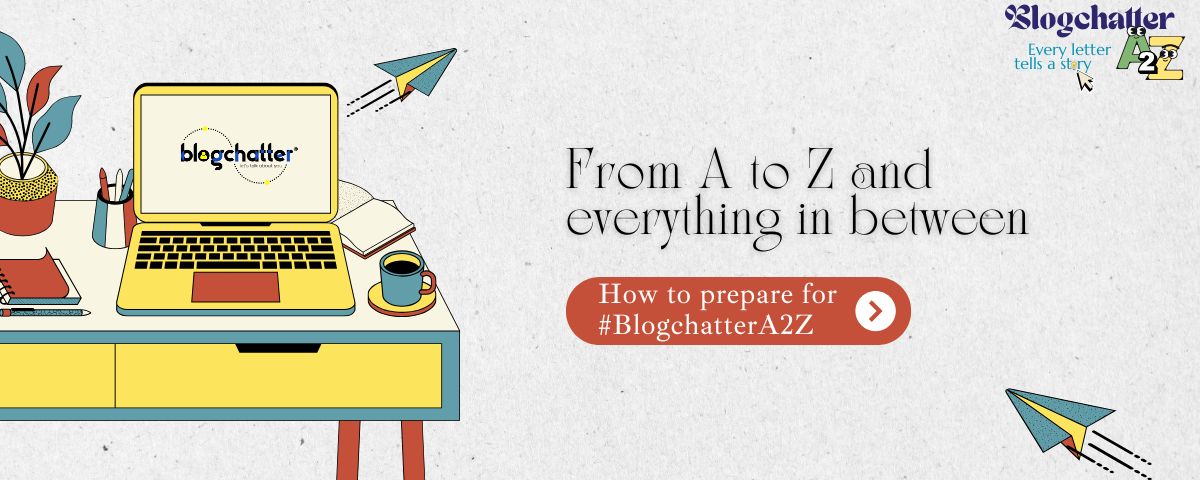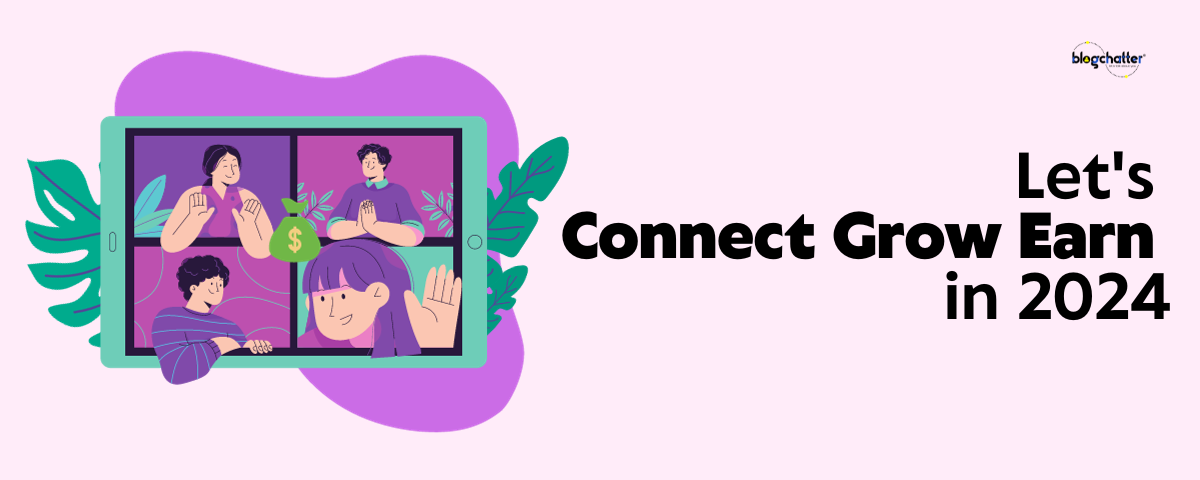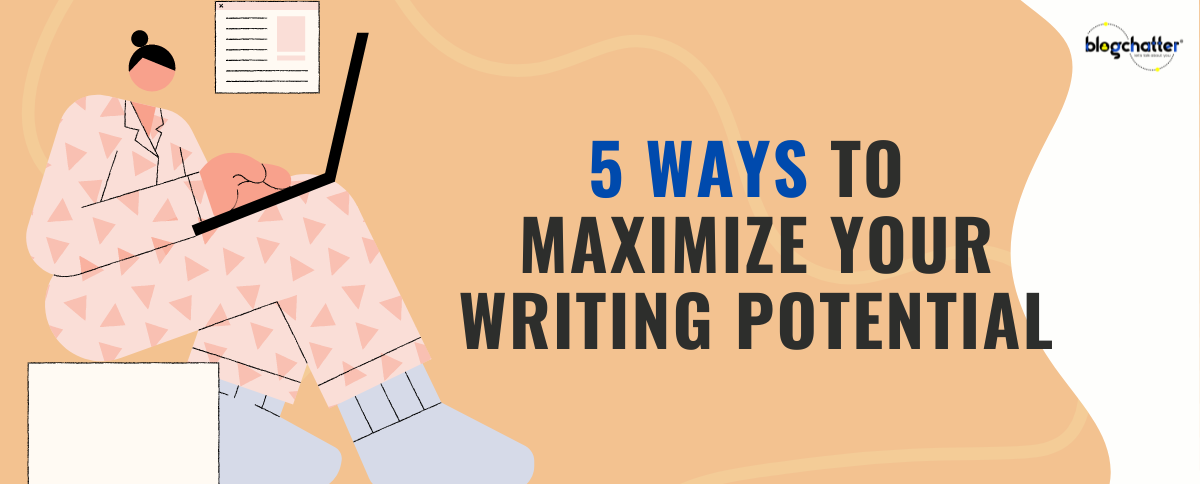While we all love a good fantastical adventure or a sci-fi story that lets us experience unimaginable wonders, non-fiction books carry stories that keep us grounded and see magic in reality. Non-fiction books provide us with facts and expand our horizon. Picking up a non-fiction book usually depends on what we're looking for: research, topics from the niche we read/write on, memoirs, social causes, popularity of a writer, how interesting the blurb is, the genre and mostly what that 'something new' it is going to teach us. Here's a jist of a recent chat with our community that revealed a little more about the niche of non-fiction writing.
.jpg)
Why write a non-fiction?
A non-fiction that gives out relevant information serves its purpose to the reader. You, as the author must have some sort of expertise or background in the topic you choose to write on. Does it make you happy to talk about it? If yes, you know you're writing from a place of passion. Also, asking the question if what you are about to write adds value to the existing content on the topic helps in getting a unique angle. Sometimes of course, you are driven by a realization or an awakening if we may to write and that just gets you into the flow of words, letting the subconscious do the groundwork.
Finding a story in your non-fiction piece
A non-fiction not having a story is one of the biggest misconceptions. Every piece of writing needs to have a story in order to create an impact. Finding that story in a non-fiction isn't that hard when you make a personal connect - share your experiences, write something relatable so people can nod their heads in agreement when they read your work, have an underlying theme that adds depth, give examples and takeaways. There...you have a story to work upon! Never forget that storytelling is by far one of the best ways to convey a message and stun an audience.
Creative brainstorming
We all need to do a little brainstorming to design the best plan around your idea such as setting the tone, digging deeper into experiences that you want to add in, additional research and more. A few simple tools that ease this process could be doodling, creating flow charts, mind mapping, etc. Questionaires and polls in case you want to get the opinion of your audience can also give a fresh perspective to devise your path.
Final word
To ensure a non-fiction book isn't tedious to read, it is necessary to take time to do your research in detail so the content is accurate and also mention supporting references. It is important to give unbiased opinions as much as you can, add in the relatability factor so your readers can feel what you felt. This keeps readers hooked till the end.
If we haven't explored much in the non-fiction field, we might be inclined towards thinking that most non-fictions are self-help or motivational books, or that they are a preachy lecture or lullaby of some sort. Whereas there are quite a varied collection of genres we can choose from. Perhaps your next book too could be a non-fiction that breaks the barrier and reaches many readers!
You can also watch this conversation with Pallavi Aiyar on exploring socio-economic themes in your writing. And if you're looking to dip your toe into non-fiction ebooks, you can check our library for free reads.







Comments
I actually write non fiction for some of my clients and enjoyed it so much! In non fiction i have the freedom to implement things as well as storytelling in my own way and i loved that most https://bloggingtogenerations.blogspot.com/
Well researched post
You got me in the very first line at the mention of non-fiction keeping us grounded & helping see magic in reality. Simple yet profoundly put. I vouch for mind mapping & storytelling skills. Thank you the write up Leha.
I am currently listening to Atomic Habits and had loved listening to 'Talking to Strangers' By Malcolm Gladwell - it is such an experience - it feels like a podcast with excerpts of actual news pieces, audio from actual interviews.. I was awed by the sheer research behind the content.. On writing non -fiction I have just written few memoir pieces, blog posts on family tales.. oral tales. may be would continue on those lines..
Great pointer, I have been writing non-fiction for a very long time and got lost with my own thoughts of building it. Going to rethink basis this post now
I find non-fiction mostly tedious and the writing style dry. There have been very few till date that I have really enjoyed. Cookbooks would top that list!
Hari OM Brief, but good points. It is also good to be clear about the purpose of a non-fiction piece; is it a textbook for others in the field (or students of), or is it for the layperson? Too often one finds a bridge attempted between these two which should not be there! YAM xx
I'm currently working on two nonfiction books so this was very helfpul. Thanks!
Glad to see the word "lullaby" in the post :)